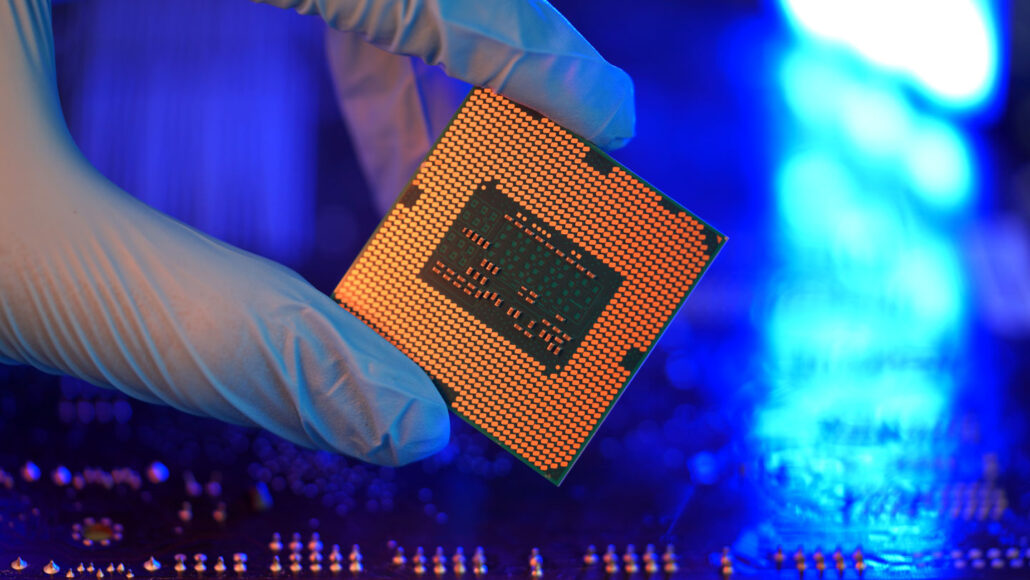ATM: An abbreviation for automated teller machine. It is a stand-alone machine communicates with banks over the Internet. Depending on the ATM unit, some just dispense cash from a person’s account or from a line of credit offered to them by a credit-card company. Others accept cash deposits and give read-outs of how much money an individual has in a checking or savings account.
compound: (often used as a synonym for chemical) A compound is a substance formed when two or more chemical elements unite (bond) in fixed proportions. For example, water is a compound made of two hydrogen atoms bonded to one oxygen atom. Its chemical symbol is H2O.
conductor: (in physics and engineering) A material through which an electrical current can flow.
diode: An electronic part that works like a one-way valve for electric current.
doping: (in electronics) The deliberate insertion of something into a crystalline or other semiconductor material. For instance, manufacturers may dope a material with electrons or electron holes.
electricity: A flow of charge, usually from the movement of negatively charged particles, called electrons.
electron: A negatively charged particle, usually found orbiting the outer regions of an atom; also, the carrier of electricity within solids.
electronics: Devices that are powered by electricity but whose properties are controlled by the semiconductors or other circuitry that channel or gate the movement of electric charges.
element: A building block of some larger structure. (in chemistry) Each of more than one hundred substances for which the smallest unit of each is a single atom. Examples include hydrogen, oxygen, carbon, lithium and uranium.
engineer: A person who uses science and math to solve problems. As a verb, to engineer means to design a device, material or process that will solve some problem or unmet need.
insulator: A substance or device that does not readily conduct electricity.
phosphorus: A highly reactive, nonmetallic element occurring naturally in phosphates. Its scientific symbol is P. It is an important part of many chemicals and structures that are found in cells, such as membranes, and DNA.
semiconductor: A material that sometimes conducts electricity. Semiconductors are important parts of computer chips and certain new electronic technologies, such as light-emitting diodes.
silicon: A nonmetal, semiconducting element used in making electronic circuits. Pure silicon exists in a shiny, dark-gray crystalline form and as a shapeless powder.
transistor: A device that can act like a switch for electrical signals.








